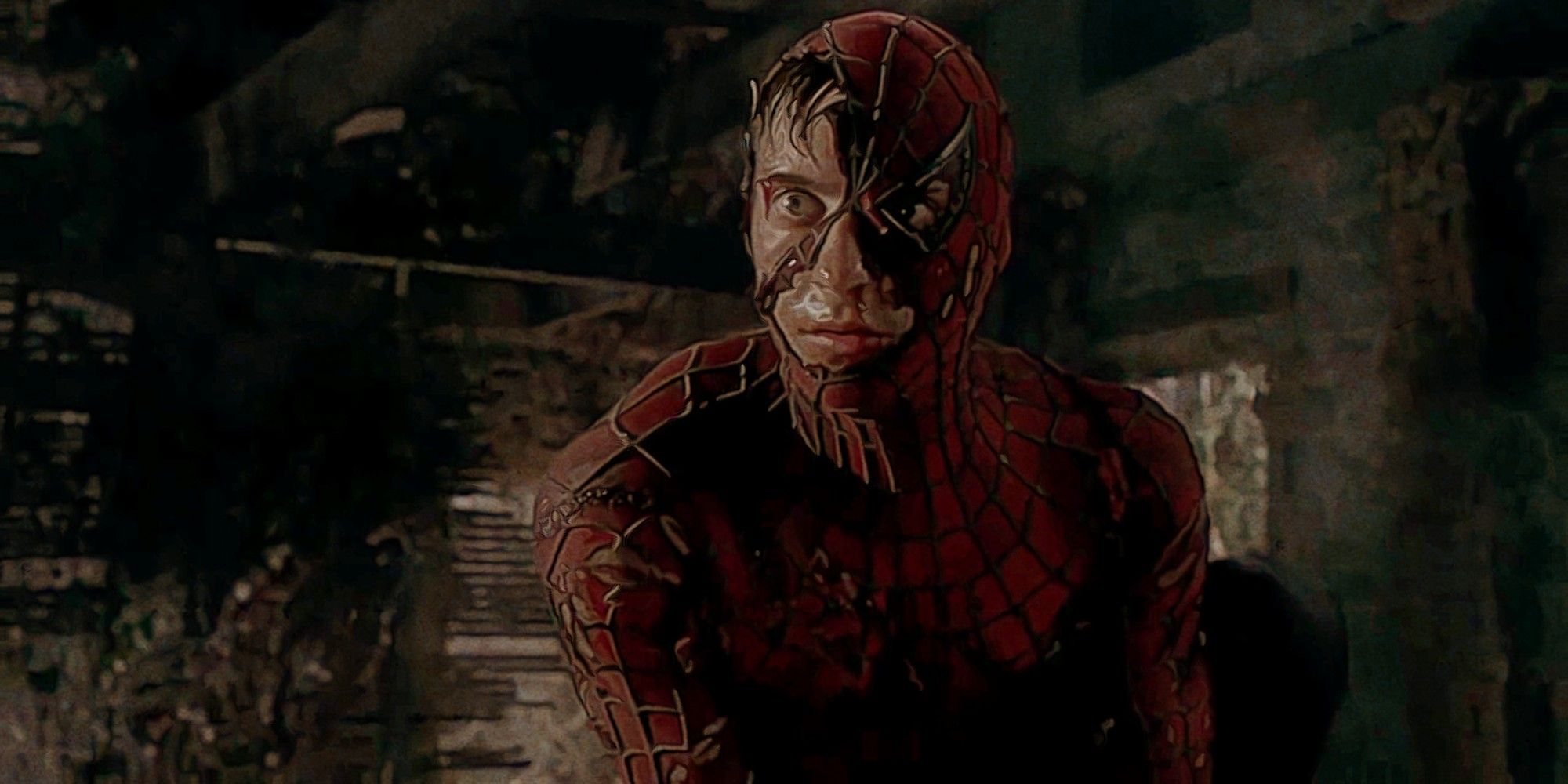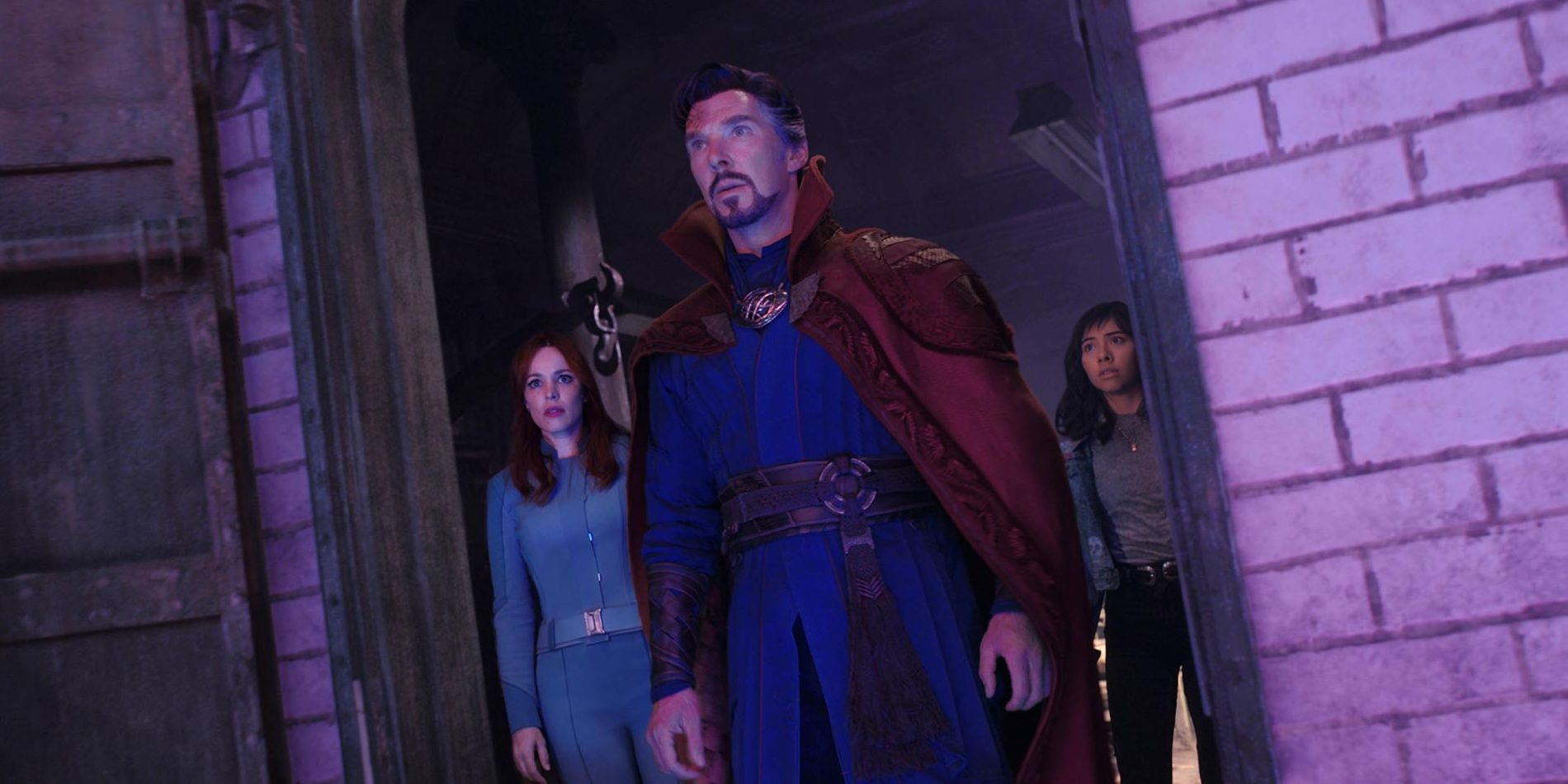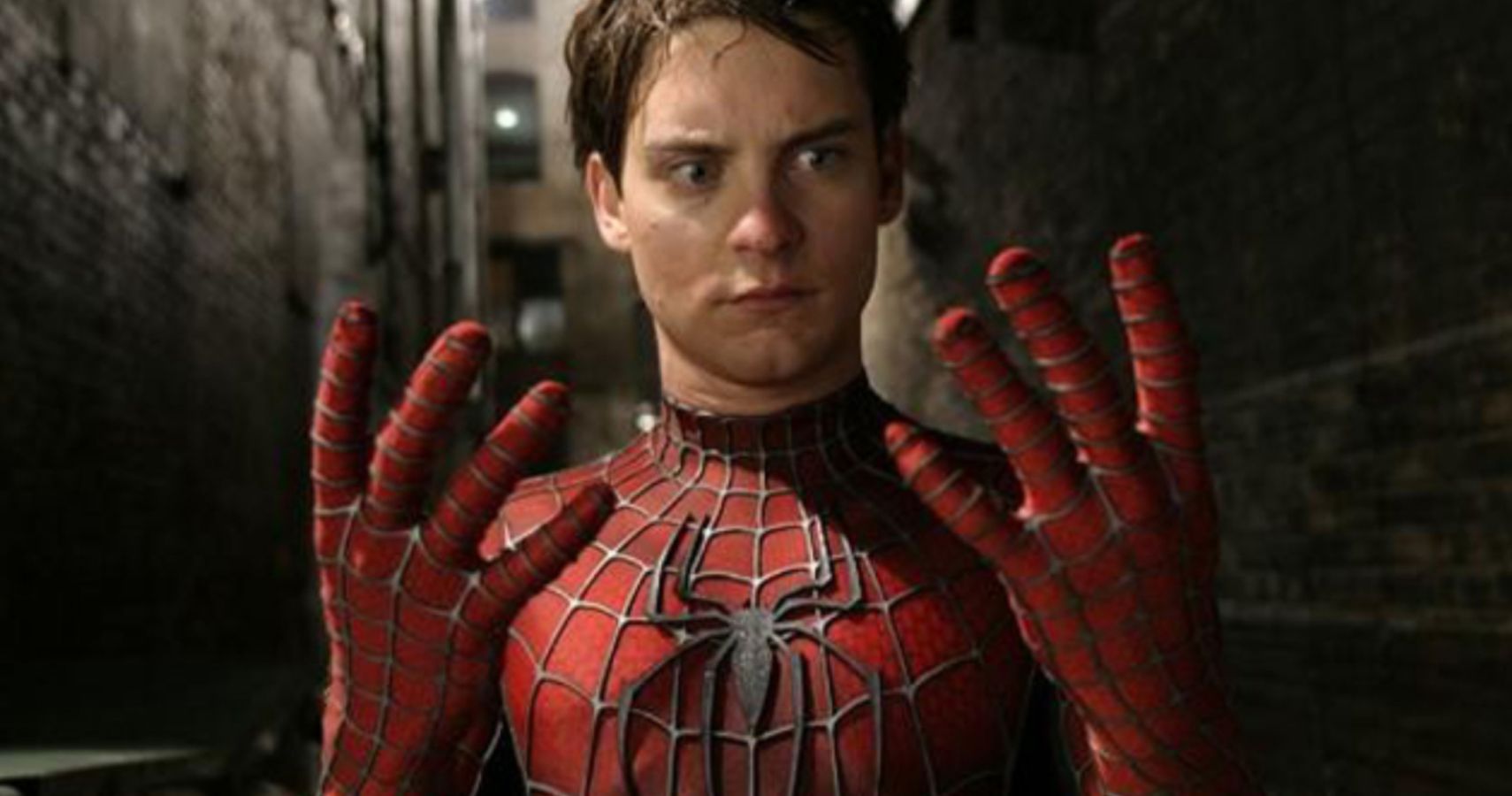For better or for worse, superhero cinema is everywhere these days. Spider-Man: Far From Home was still in theatres in January, and we've seen The Batman, Doctor Strange in the Multiverse of Madness, and mighty mighty Morbius already in 2022. Firestarter is also being vaguely marketed as a superhero movie, despite categorically not being one, while Thor: Love and Thunder will be here soon, followed by Black Panther: Wakanda Forever from Marvel and Super Pets, Batgirl, and Black Adam from the DCEU. That's not to mention all of the TV shows which indelibly link to the MCU to keep an eye out for as well. Superhero cinema is the current king, as a glance at pretty much any box office record will show you, and it’s all thanks to Sam Raimi's Spider-Man.
Raimi's first venture into comic book movies turns 20 years old this month, which means it’s old enough to go to war and die for America and almost old enough to buy a Miller Lite. In many ways, it is the most impactful movie of the 21st century, and that makes it worth reflecting on.
I saw all of the above superhero movies released this year in the cinema on their opening weekend. God help me, I even went to the special preview showing of Morbius ahead of its general release. Time waits for no Morb. I like superhero cinema. I enjoy most of it and the fun ride that it is, but it does feel as though the fabric of the cinema-going experience has been forever changed. Audiences used to be less switched on to how much money a movie had made, we never used to cheer on franchises like they were sports teams. There has been a recent bout of whining that the Academy Awards are outdated because they are out of touch with audiences, but audiences didn't always watch just one sort of movie.
Star Wars: A New Hope was nominated for 11 Oscars, including Best Picture, Best Director, Best Supporting Actor, and Best Original Screenplay. Star Wars as a series has won eight, although one was a special honorary award over a competitive category. The Lord of the Rings: The Return of the King swept the awards. Forrest Gump, The Sting, Titanic, The Godfather, and Ben-Hur were all blockbusters of their day. All of them won Best Picture. Even this year, Dune and West Side Story were popcorn flicks and in a superheroless landscape, might have been the biggest movies of the year. Three of the Best Picture nominees were streaming exclusives. Nightmare Alley had a stacked cast of everyone's favourite actors (as did Don't Look Up, although admittedly that felt like a misfire), but no, the Oscars are out of touch because Spider-Man And His Amazing Adventures Of Green Screen And Cameos didn't get a nod.
Spider-Man was not the first superhero movie, and I wouldn't even say it was the first good superhero movie. The Michael Keaton Batman movies and Christopher Reeve Superman flicks still hold up, while X-Men came out two years prior to Spider-Man. The argument could be made that X-Men was the first modern superhero movie, and while it did establish that superhero movies could exist in a grounded reality - DVD commentary for X-Men has Hugh Jackman tell a story of the time Nolan complained X-Men had "beaten me to my own idea" after seeing it while writing Batman Begins - X-Men lacks the all-around feel of Spider-Man.
spide
That Nolan saw his own idea in X-Men is telling. It's much grittier than Raimi's Spider-Man, which has far more quips, comedic moments, and better sells the idea that being a superhero is fun, even in the real world. It has loving references, character nods, long-haul teases (those Bruce Campbell cameos), and playful nods to well-established conventions, like Spider-Man learning how to shoot webs from his wrist. The two sequels became grittier (and 2 is probably a better movie for it), but it's the first movie which established the tropes that were built upon by Iron Man, and eventually became the foundations for the MCU.
Whether you love, hate, or are indifferent to superhero movies, it is clear they are the dominant force in modern cinema. Raimi's Spider-Man helped set the train in motion, although it would be impossible to predict exactly where it would lead. 20 years on, superhero movies look very different to Raimi's (his own Doctor Strange movie is far more visually spectacular), but without Spider-Man setting it all in motion, we might never have reached this point. Here's to Sam Raimi's Spider-Man, the most impactful movie of the 21st century. Without it, we wouldn't have Morbius.



